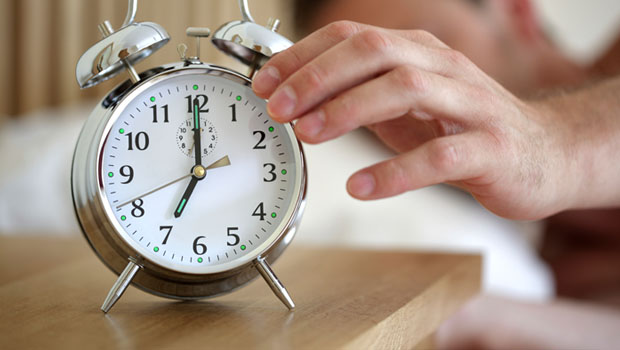Texting Can Motivate Fitness

Texting is often considered a sedentary exercise, but what if it could be used to form healthy habits? According to a Star Tribune report, a study found that sending informational health texts to people significantly increases the amount of time they spend exercising on a weekly basis.
The small study, led by Dr. Tracie Collins, a professor and department chair at Kansas University School of Medicine, tracked 11 Latino adults who were sent informative texts that said things like, “Exercise reduces blood sugar levels,” or, “Exercise improves blood flow to the brain.” After six weeks, 10 out of the 11 participants almost quadrupled their weekly exercise time, jumping from just 56 minutes to 202 minutes every week.
“There’s a lot of value in reaching out to people who can’t come in for a group visit,” says Collins in a phone interview with Type 2 Nation. “This would be a good way to imbed reminders in daily life without being too intrusive.”
But why texts instead of an email or quick phone call? Well, as Dr. Collins points out, texts have to be more succinct than email. Also, in previous studies she found that “it was a distraction for participants to talk on the phone.”
Jennifer Long, a nurse and nutrition coach who was not involved in the study, uses technology, particularly social media, to communicate with clients on a regular basis. Long says that the study’s results didn’t surprise her, but she was shocked by the fact that exercising time almost quadrupled.
“I believe that when you know better, you do better,” Long says. “For people who want to do better but can’t afford the $50 to $100 training session, a text is better.”
And while technology often leads to decreased physical activity, the study’s results show that technology can be harnessed to help people live healthy lives. It just requires some outside-the-box thinking, says Dr. Collins.
“We should adapt with technology, but be intuitive and use it as an opportunity to encourage healthy eating and exercise,” she says.
Collins says she is working on grant proposals to further this research and broaden the study to track a group of 200 participants. She also would like to see how the study’s results translate for other ethnic groups.
Who knew using your thumbs could lead to better health?




